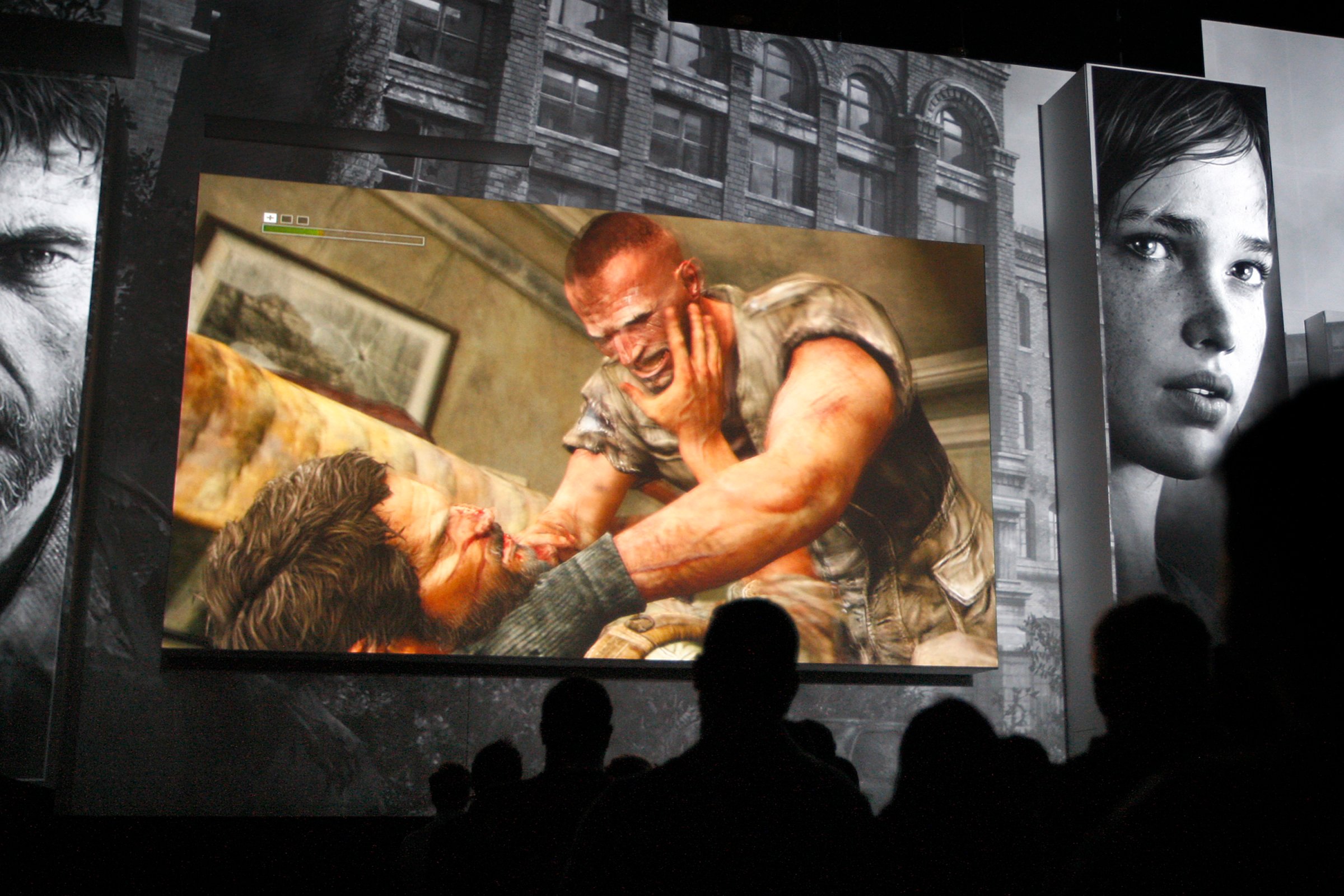
Can playing a terrorist in violent video games make you an all-around better person? As counterintuitive as it may sound, truly “heinous” behavior in a virtual environment might make players more morally sensitive, according to a new study to be published in the journal Cyberpsychology, Behavior and Social Networking.
“This may, as it does in real life, provoke players to engage in voluntary behavior that benefits others,” co-author Matthew Grizzard said in a release.
Researchers at the University of Buffalo had 185 participants randomly play two different video game scenarios — either as a terrorist or as a UN peacekeeper. After playing the games, those who played as terrorists were asked to recall what “real-life acts” induced guilt, and the UN soldiers were asked to recall which acts didn’t make them feel guilty. They then completed a 30-item moral foundations questionnaire.
“An American who played a violent game ‘as a terrorist’ would likely consider his avatar’s unjust and violent behavior — violations of the fairness/reciprocity and harm/care domains — to be more immoral than when he or she performed the same acts in the role of a ‘UN peacekeeper,'” Grizzard said. According to the University of Buffalo, “The study found significant positive correlations between video-game guilt and the moral foundations violated during game play.”
This study has some limitations, however. Researchers’ associating guilt with terrorist actions (and lack of guilt with the “heroes”), for example, might have shaded the lens with which they viewed their actions during the game.
It is the latest in a series of studies that attempt to assess the impact that violent media has on its consumers. Ever since two high school students rampaged through the halls of Columbine High School, debates have raged about whether violent video games, like those played by Eric Harris and Dylan Klebold, lead to violent behavior. An August 2013 study argues that violent video games do not cause high risk youths to bully, while a March 2014 study argues that over time, violent video games make children more aggressive. Inconsistent finding even inspired Obama to put a call out for more comprehensive literature on the subject.
More Must-Reads from TIME
- Donald Trump Is TIME's 2024 Person of the Year
- Why We Chose Trump as Person of the Year
- Is Intermittent Fasting Good or Bad for You?
- The 100 Must-Read Books of 2024
- The 20 Best Christmas TV Episodes
- Column: If Optimism Feels Ridiculous Now, Try Hope
- The Future of Climate Action Is Trade Policy
- Merle Bombardieri Is Helping People Make the Baby Decision
Contact us at letters@time.com